Did you know that 93 million descendants of homesteaders live and reap the benefits of homesteading solely in the US?
Today, homesteading is gaining popularity as the costs of food and living rise, and millennials and Gen Z are more interested in sustainability.
There are several reasons why people adopt a self-sufficient lifestyle. Exploring 20 plus practical benefits that make homesteading worthwhile.
1. Access to Fresh, Organic Food
When you homestead, you have plenty of growing your own fruits, vegetables, and herbs in the backyard garden.
If you grow crops, you want to ensure chemical-free, nutritious produce, hence the organic food.
This helps you understand exactly where your food comes from—not that many think apples, avocados, potatoes, and other foods grow in the grocery store. 😊
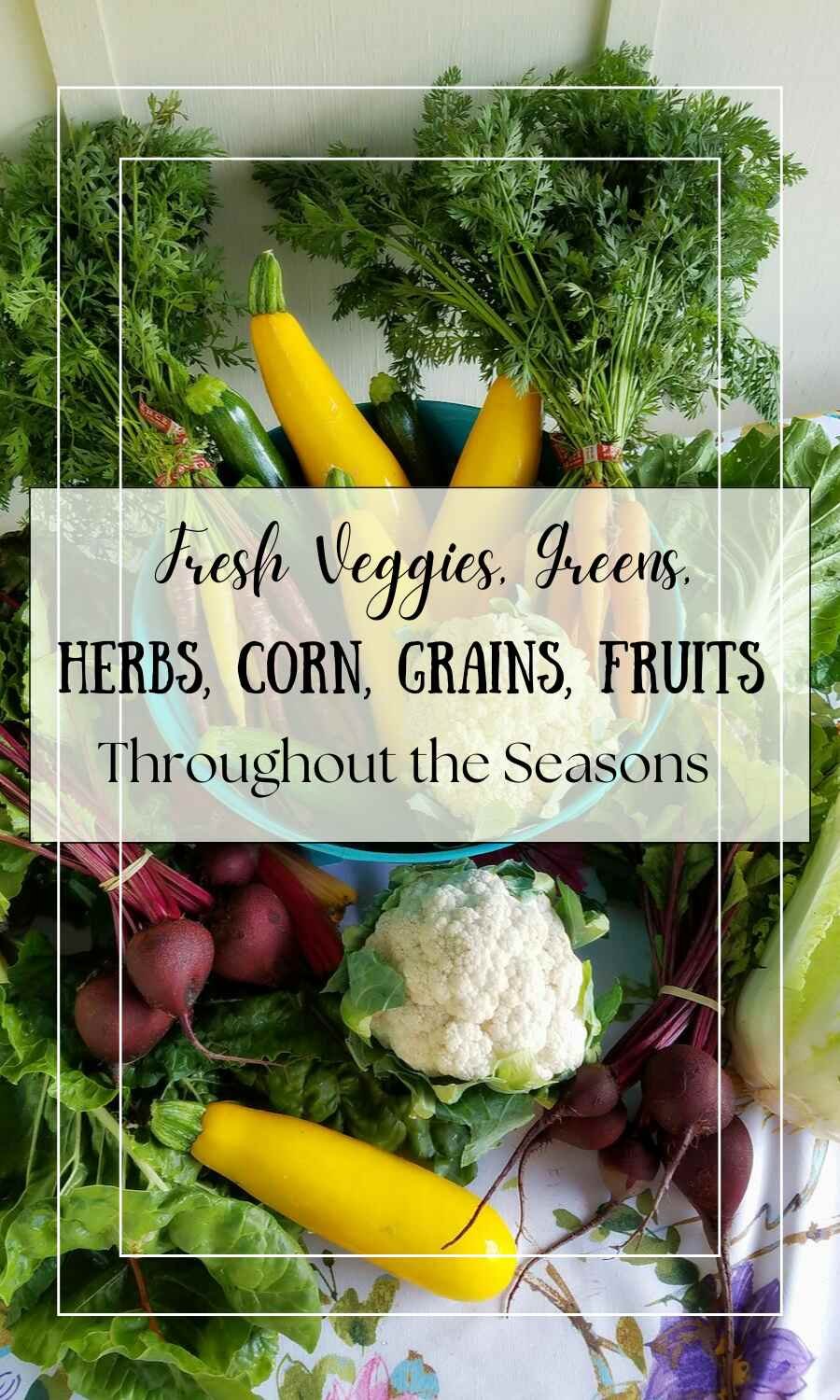
So you can save thousands of dollars on food and improve your health naturally with fresh produce.
2. Self-Sufficiency in Protein Sources
Besides gardening, poultry and animal husbandry are also parts of homesteading.
You can easily raise chickens, goats, or rabbits for eggs, milk, or meat. Additional homestead animals are also installed based on your budget and requirements.
The homegrown animals help you reduce dependency on store-bought protein and control food quality in a better way.
I recommend beginners to start with small-scale livestock.
They are easy to manage and care for with feeding, sheltering, cleaning, and protecting from predators and health issues.
3. Reduced Grocery Expenses
When I lived in a flat alone, I would pay around $270 monthly for groceries.
Then, I returned to the homestead and continued growing food in the garden, preserving it for later use and raising livestock. It helped me lower overall food costs.
Not only could I save on the expense of grocery shopping, but I also have saved money on living.
This helped me invest in other homesteading essentials such as solar panels, grain mills, and a tractor.
Anyone living in Texas has to pay $280 on average in a month as a grocery expense, so they can save $3360 yearly if homesteaded.
4. Family Bonding
When a whole family starts living together, every day becomes a picnic.
The members are involved in gardening, raising animals, and preserving food with fun and laughter. This boosts mutual understanding and strengthens the bond that may last for life.
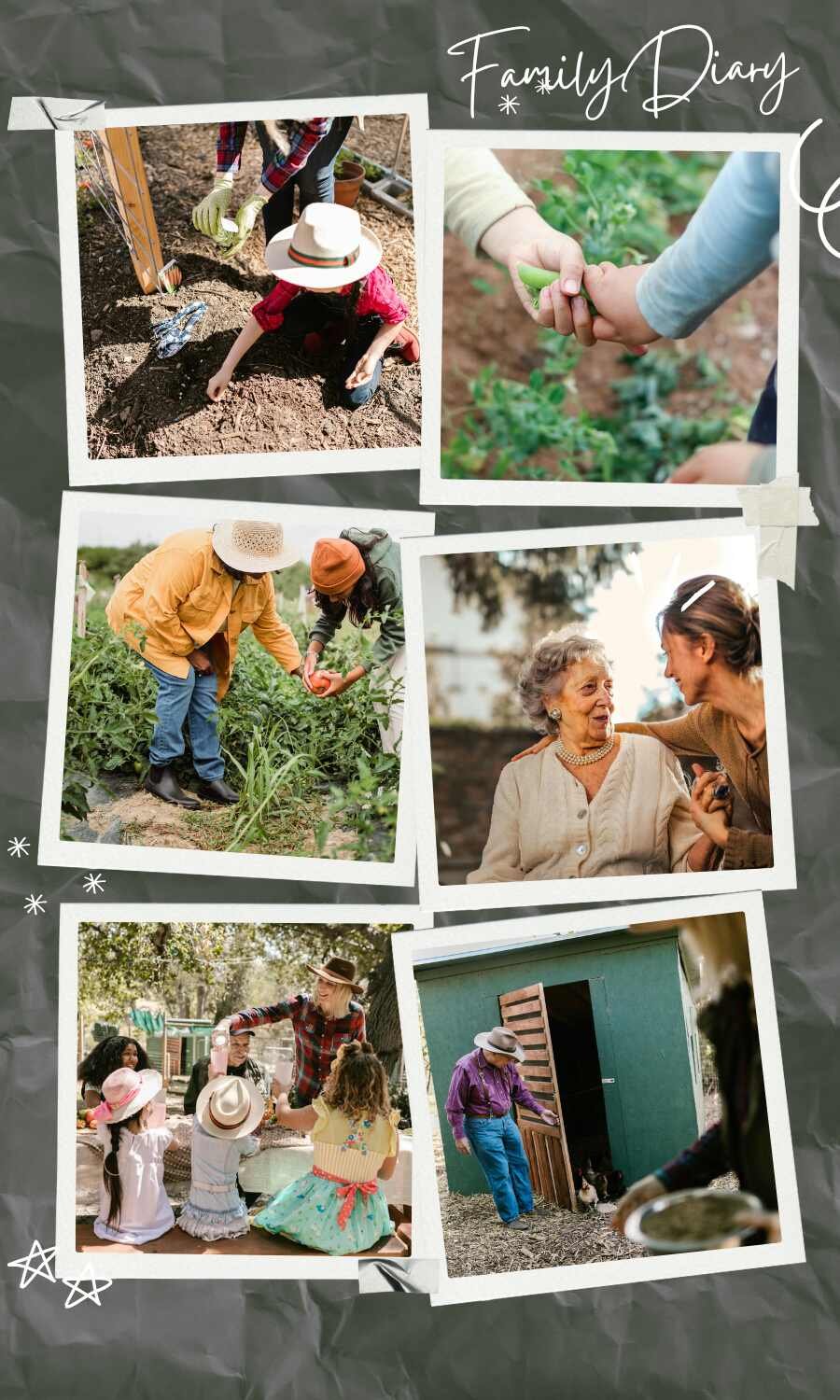
You may have the opportunity to live with parents, grandparents, uncles and cousins.
This helps reunite all the family members who live scatteredly.
So, two or three generations in the extended family help kids learn the traditions and knowledge that they can pass on to upcoming generations.
5. Promotes a Simple Lifestyle
Homesteading benefits also help you focus on essentials rather than consumerism.
Basic needs such as food, shelter, and clothing are the main priority for survival, not solely for profit.
You need not buy a car, expensive clothes, or a restaurant meal and spend on anything that promotes a luxury lifestyle.
Homestead life is about discovering joy in minimalist living. It promotes a slower pace of life by requiring you to do your tasks yourself without depending on others.
6. Skill Development
At the homestead, you can learn several practical survival skills, such as gardening, carpentry, animal husbandry, and food preservation.
When gardening, you may discover many internal and related skills, such as how to plant, harvest, and store.
Additional homesteading skills include basic mechanics, renewable energy sources, foraging, and wildcrafting.
But, these skills are not built at once but gradually over time.
This helps you improve your independence and problem-solving abilities. These skills can be lifesavers in difficult times.
7. Food Security
Security in homesteading benefits refers to ensuring both quality and quantity.
Knowing where your food comes from helps you avoid risks associated with food supply disruptions. Growing your own food also allows you to better control its quality.
Besides, food preservation helps you consume food in famine without wandering severely outdoors.
So you can survive difficult times and help others by providing them with food.
8. Sustainability and Environmental Impact
Homesteading promotes eco-friendly practices like composting, recycling, and reducing waste.
Eco-friendly approaches also include conserving fuel, water, fertile land, and forests. You should also source renewable energy at the homestead, such as solar, wind, and hydropower.
It also guides you to avoid chemicals. For example, you can use natural dye, homemade fertilizer, natural processors, pest controllers, etc.
As you grow food locally and live with the available resources, you need not travel often. Also, transportation by horse and donkey reduces the carbon footprint.
9. Better Physical Fitness
Once you adopt homestead life, activities like digging, planting, and feeding animals become your daily routine.
Instead of sitting in a chair for hours, you need to perform tasks with your hands and limbs. This helps your body to be active with boosted blood circulation and muscle work.

You need not go to a gym to gain physical fitness! Plowing and woodwork do the magic!
Farm chores such as carrying water buckets, hauling hay, and cleaning stalls require daily physical activity.
So, you can notice your improved stamina and strength over time, reducing sedentary habits.
10. Enhanced Mental Well-Being
Spending time outdoors and working with nature can help you get stress-relieving benefits.
Gardening and interacting with farm animals help you achieve a sense of purpose. You will find joy in caring for plants and animals.
A homestead in the countryside provides fresh air and a peaceful environment where you can get lost for hours without worries.
The fresh, organic food and active physical activities also enhance mental health with other homesteading benefits.
You can better explore yourself and experience pause and calmness within you.
11. Closer Connection to Nature
At the homestead, you can witness natural cycles and wildlife live before you.
Growing animals and plants, from babies and seeds to giving harvests after maturing, happens before eyes. And you get to have hands-on experience in between the process.
Avid gardeners have no better joy than seeing rotating crops throughout the year.
With the changing seasons, you can experience mindfulness after observing things transforming their shape and condition.
12. Reduced Reliance on Industrial Systems
Producing your own food reduces dependence on large-scale agriculture and supply chains.
You need not rely on others, worrying about when the marketplace brings food and essentials to you.
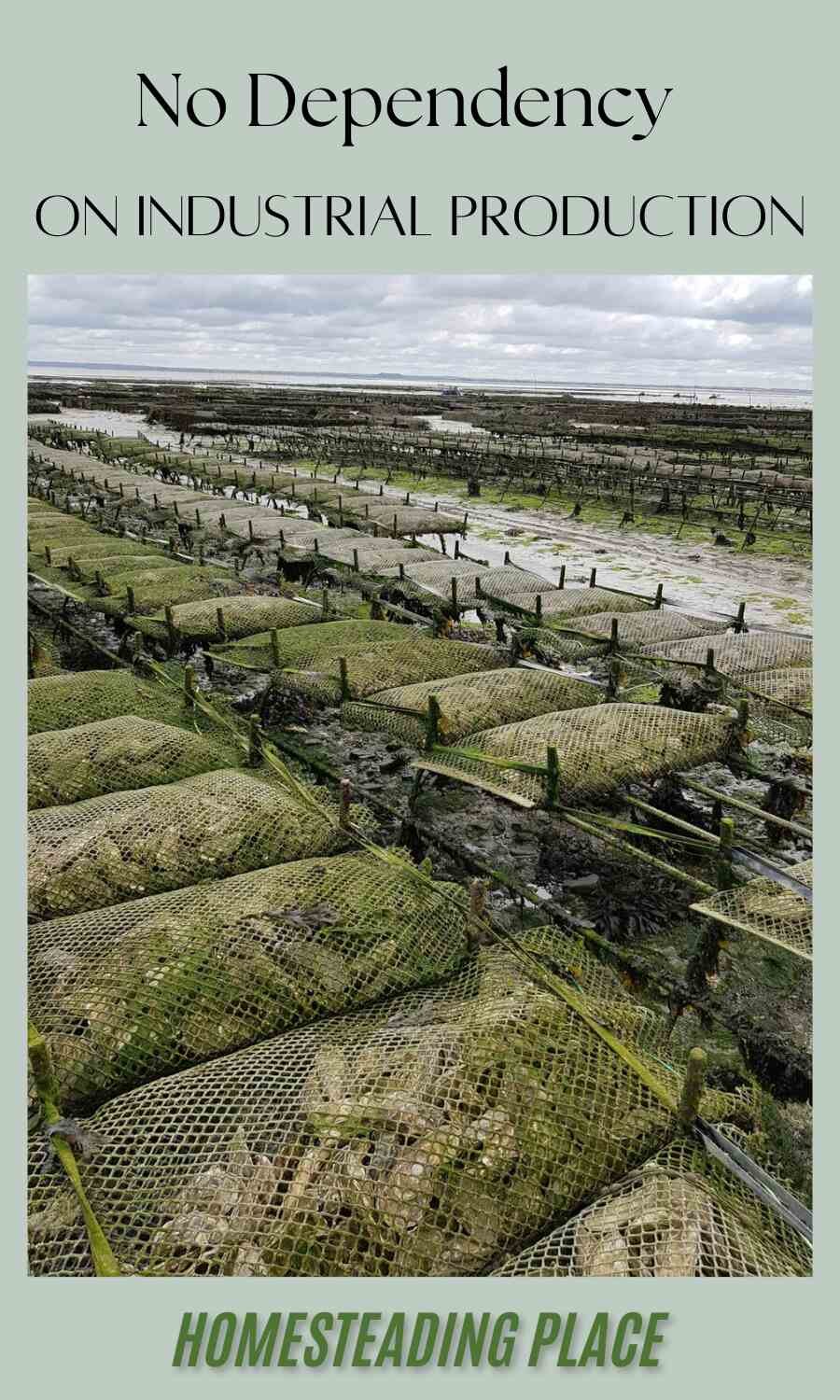
Besides, you can grow crops, raise animals for food, and process and package them for later use.
Homesteaders also use available resources to produce homemade essentials such as toilet paper, candles, woolen clothing, and furniture.
So, what’s lacking in the market does not bother you.
13. Energy Conservation
You can employ manual labor instead of electric tools when possible to cut down electricity consumption.
If possible, design a homestead in a way that it gets insulated passively and well-ventilated. This helps you receive warmth in the winter and cool in the summer without spending on energy.
Adopting renewable energy sources like solar panels, wind turbines, and hydropower greatly helps.
These efficient practices lower utility bills in the long term.
14. Better Waste Management
Composting and vermicomposting turn kitchen and yard waste into valuable organic fertilizer.
Homesteading runs on a principle: reduce, reuse, and repair.
When you grow veggies and raise animals, you have already cut down on food and packaging waste. Besides, you can repair the tools and home essentials instead of replacing them.
Also, recycle and reuse clothes and energy to get more homesteading benefits.
This helps minimize the need for municipal waste disposal.
15. Financial Freedom Through Homestead Products
You have self-sufficiency in everything, from food to daily essentials, to survive at the Homestead.
And what’s extra can be sold for profit.
Veggies, grains, eggs, meat, animals, and DIY projects help you earn a handsome income. If you want to earn good profits, you can scale small homes to medium and multiple-acre homesteads.
There are several farmers’ markets or online sales for homesteaders.
16. Education and Legacy for Future Generations
Homestead is a good place for children to learn valuable life skills besides school.
They can develop survival, foraging, prepping, and frugal abilities at a very young age for difficult times, which are rarely taught at school.
They understand the importance of family when performing daily routines at the homestead.
The elders share their life experiences with children, helping them go through different phases of life with ease.
Besides, the secrets of sustainable life and cultural knowledge are easy to pass down to future generations.
17. Community Building
Homesteaders with the same goals and sense of belonging can form a community to share knowledge, skills, and resources through a particular platform.
Workshops, trainings, and special events are the perfect mediums.
Besides, people often create a supportive neighborhood by bartering homestead goods such as seeds, extra fresh produce, and babies of birds and animals.
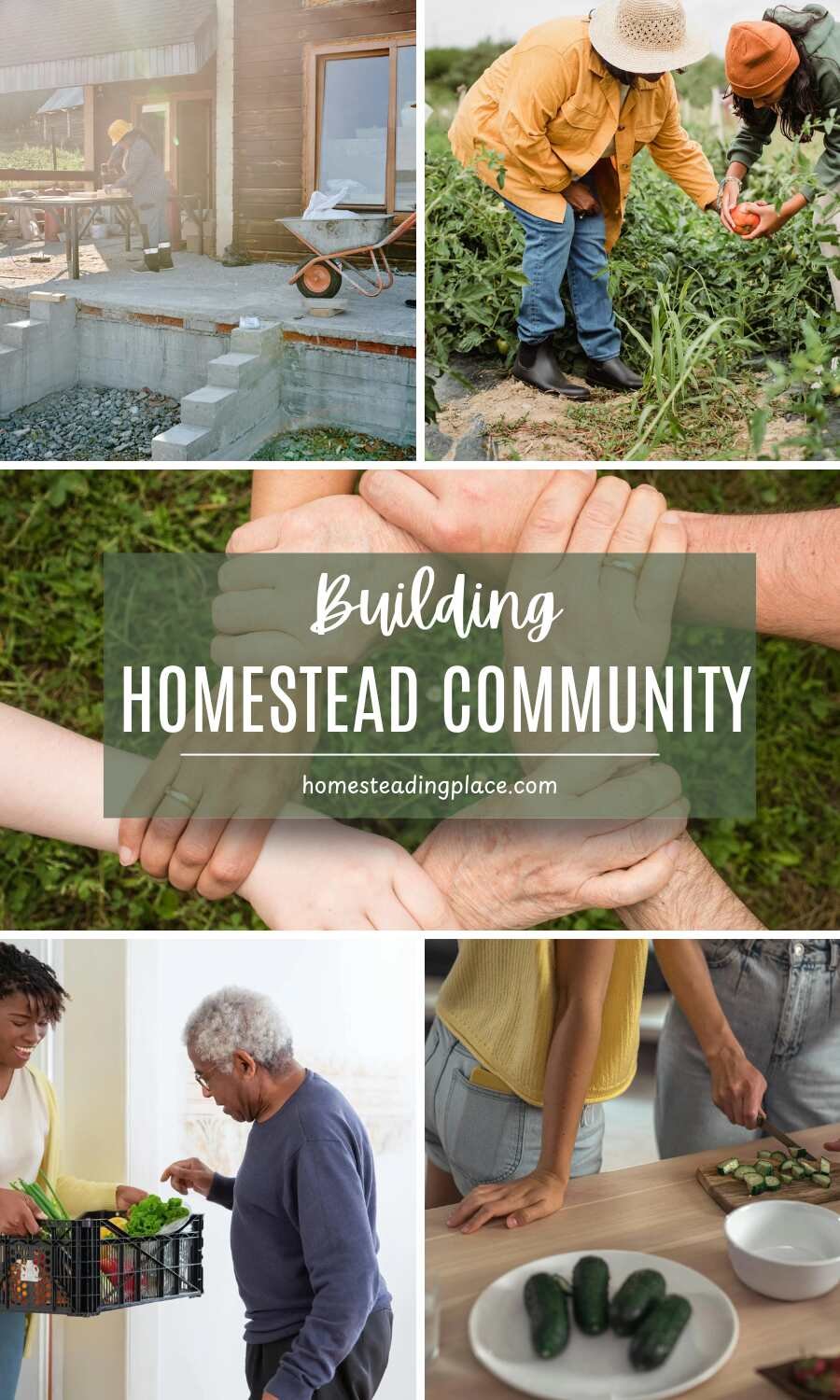
Apart from discussing the solutions to farming problems, they also promote the benefits of homesteading to encourage others to join their group.
You can feel the joy of sharing surplus goods or helping your neighbors.
People also volunteer in several homesteading projects together and help each other.
18. Freedom from Processed Foods
Processed foods often contain additives and preservatives, which can be harmful to health.
You can avoid it by growing your own food in the garden and farm and making your own meals. Several homemade recipes are available for you to experiment with.
I love rhubarb crumble, spinach egg bake with cheddar cheese, apple orchard chicken, and the list goes on.
This way, you can notice improved health outcomes from eating clean, whole foods.
19. Animal Welfare
Homestead provides shelter, food, and essential care and protection for birds, fish, and animals.
You can raise animals humanely and ethically without eliminating the species. Animals are also rescued in this context, helping them get a new and better life.
This way, both human and animal needs are fulfilled without disturbing the ecosystem.
Many build a strong bond with livestock, like a family member.
So, pets help homesteaders get a loyal friend or company to avoid loneliness for a long period.
20. Opportunities for Creativity
Homesteading also refers to fostering creativity and innovation.
Soapmaking, knitting, dyeing, and crafting furniture from local resources are some essential creative pursuits.
Besides, several DIY or homemade projects, such as building coops, greenhouses, and fire pits, are planned for homesteaders to experiment with their creative minds.

This hobby not only helps you meet your needs but also allows you to monetize homemade products.
If not, you can exchange these goods with others and send them as gifts on occasions or events.
21. Living in Harmony with Seasons
Aligning activities with seasonal rhythms helps you make a self-sufficient homestead checklist for a year.
This fosters a deeper appreciation for natural cycles and helps maximize the resources available in each season.
For example, planting crops in spring, harvesting in fall and before winter, and storing and preserving the surplus produce ensures food security in the future.
Besides, the changing climate or environment supports your daily self-sufficiency needs.
22. Cultural Preservation
Homesteading can be a medium to revive traditional methods of farming and crafting.
In the family, the grandmother can pass down secret recipes and family rituals to the mother, who then passes on traditions and wisdom to the children.
Not only women but men also share farming, gardening, and animal husbandry techniques offered by forefathers.
This way, cultural heritage is continuously shared in a lineage from elders to younger generations. It helps preserve the inheritance and traditional skills.
Final Thoughts
The benefits of homesteading are countless. For example, small-scale homesteading reduces global food and energy demand.
This lifestyle helps everyone have a more sustainable future.
So, you can take small steps toward homesteading by starting a garden or raising chickens.

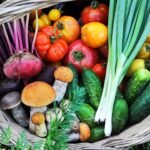




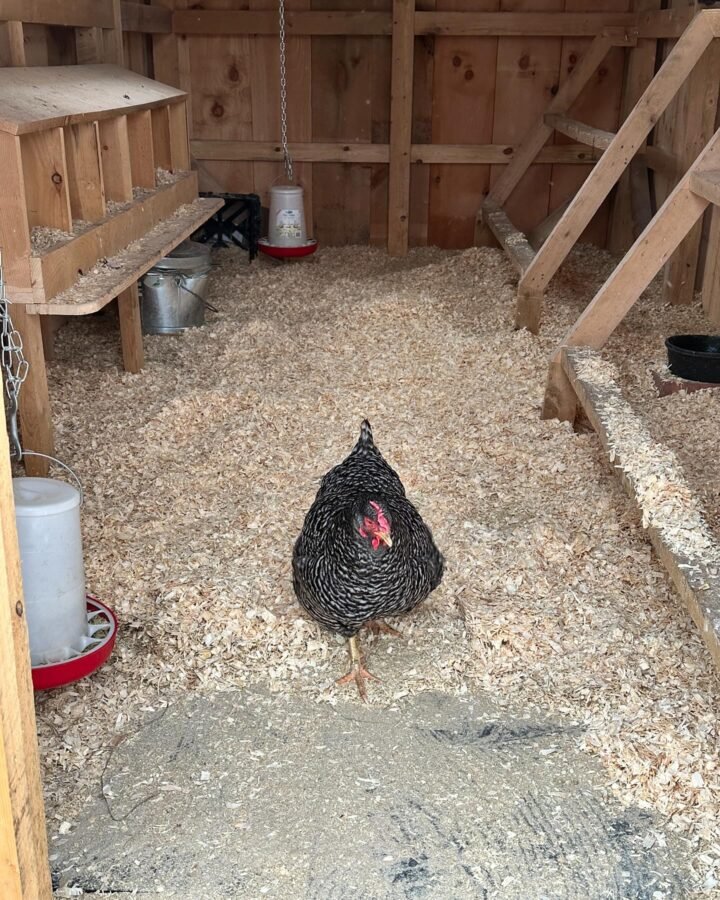
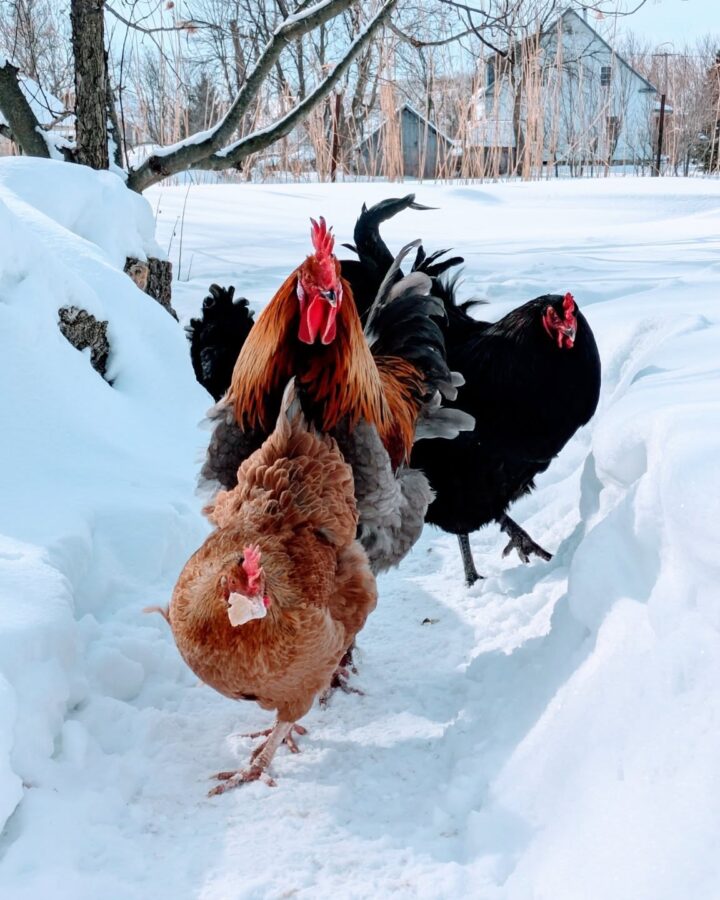
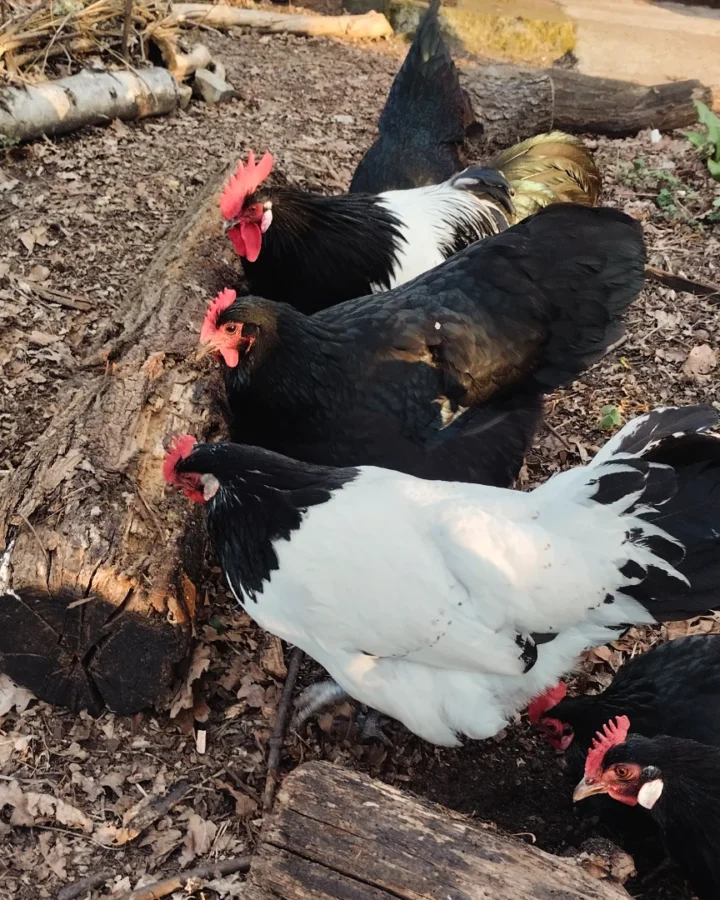
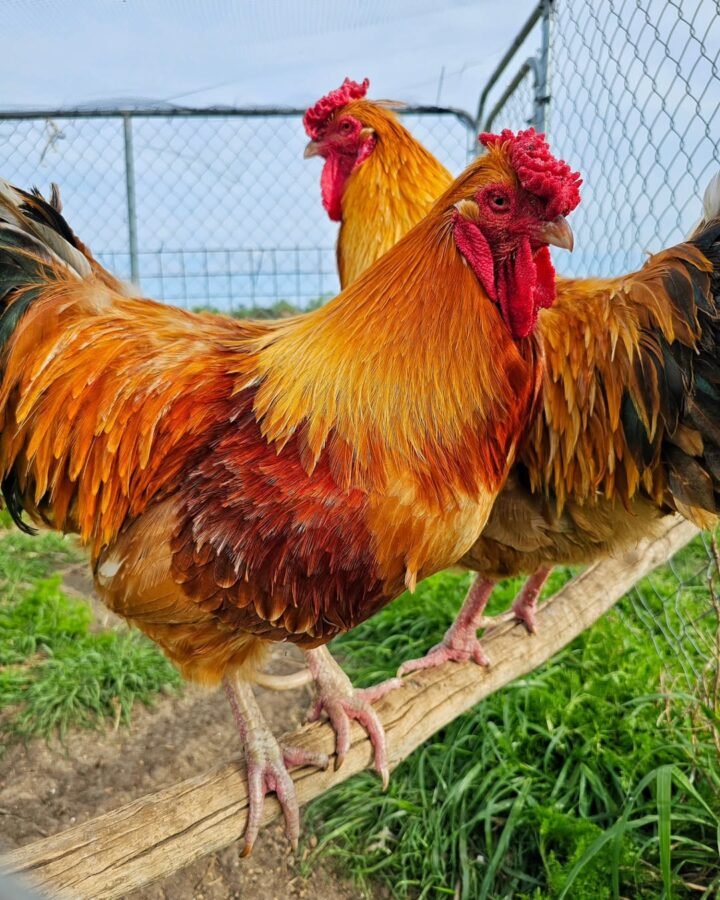
Thank you for sharing your personal experiences and stories It takes courage to open up and you do it with such grace and authenticity
Every time I read a new post, I feel like I’ve learned something valuable or gained a new perspective. Thank you for consistently putting out such great content!
Your writing is so genuine and heartfelt It’s refreshing to read a blog that is not trying to sell something or promote an agenda